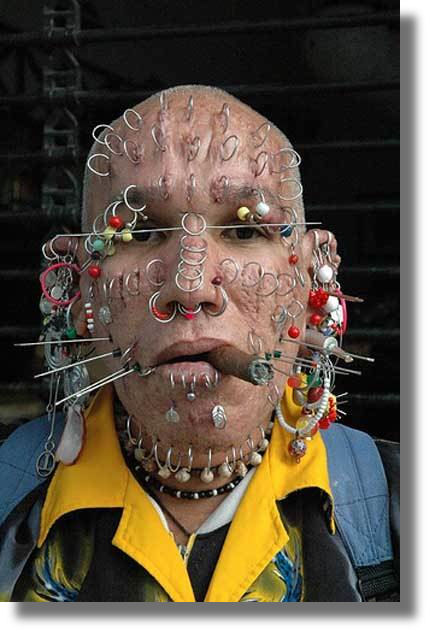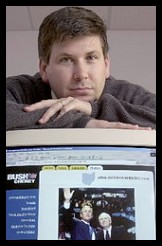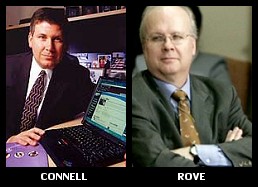That Obama may be a politician like any other who takes care of his ‘friends’ is not a surprise to any but the naive. What is a surprise is that even with so much data, as mentioned, showing tax cuts for the rich don’t help the economy, he may still do it. Or maybe that thought is being naive since helping the economy isn’t the reason for doing it.
During the Democratic primary campaign, Barack Obama, along with all of his Democratic contenders, promised a swift repeal of these tax cuts. A rollback of tax cuts benefiting only corporations and the wealthiest individuals was supposed to provide the financing for Obama’s policy proposals, from education and health care to infrastructure and green energy. But by September, the Democratic nominee was already backpedaling on his pledge, and within three weeks of his election, Obama’s economic advisors confirmed that, after all, the new president might just let the Bush tax cuts expire on schedule in 2011, rather than eliminating them two years earlier. The decision is based on the premise that it is unwise—in economic as well as political terms—to raise taxes during a recession, since lower taxes stimulate the economy.
At the same time, New York’s Democratic governor David Patterson has refused to consider instituting a temporary “millionaire’s tax” to address his state’s desperate financial needs, choosing instead to slash vital social programs. Patterson claims that such a tax will drive businesses and wealthy individuals out of New York and further depress the economy. (This despite billionaire Mayor Michael Bloomberg’s declaration that among his rich friends, he’d “never heard one person say ‘I’m going to move out of the city because of taxes.’”)
But an analysis by the Center for Budget and Policy Priorities, released earlier this year, debunks the myth that tax cuts for the rich more than “pay for themselves” by fueling economic growth.
[…]
Especially during a recession, if we put more money in the pockets of the rich, it is likely to stay right there—in their pockets. On the other hand, if we put more money in the hands of low- and middle-income workers through tax cuts, and in the hands of the poor and unemployed through increases in government programs (food stamps, TANF, unemployment benefits), that money is virtually guaranteed to go directly into the economy, since its recipients have no choice but to spend it on their basic needs—food, clothing, gasoline, doctor’s bills.
And for those righties who think we leftist, pinko editors here at DU will be soft on Obama, I, for one, plan some ass nailing to walls when promises start getting broken. That makes us even more cranky.
































